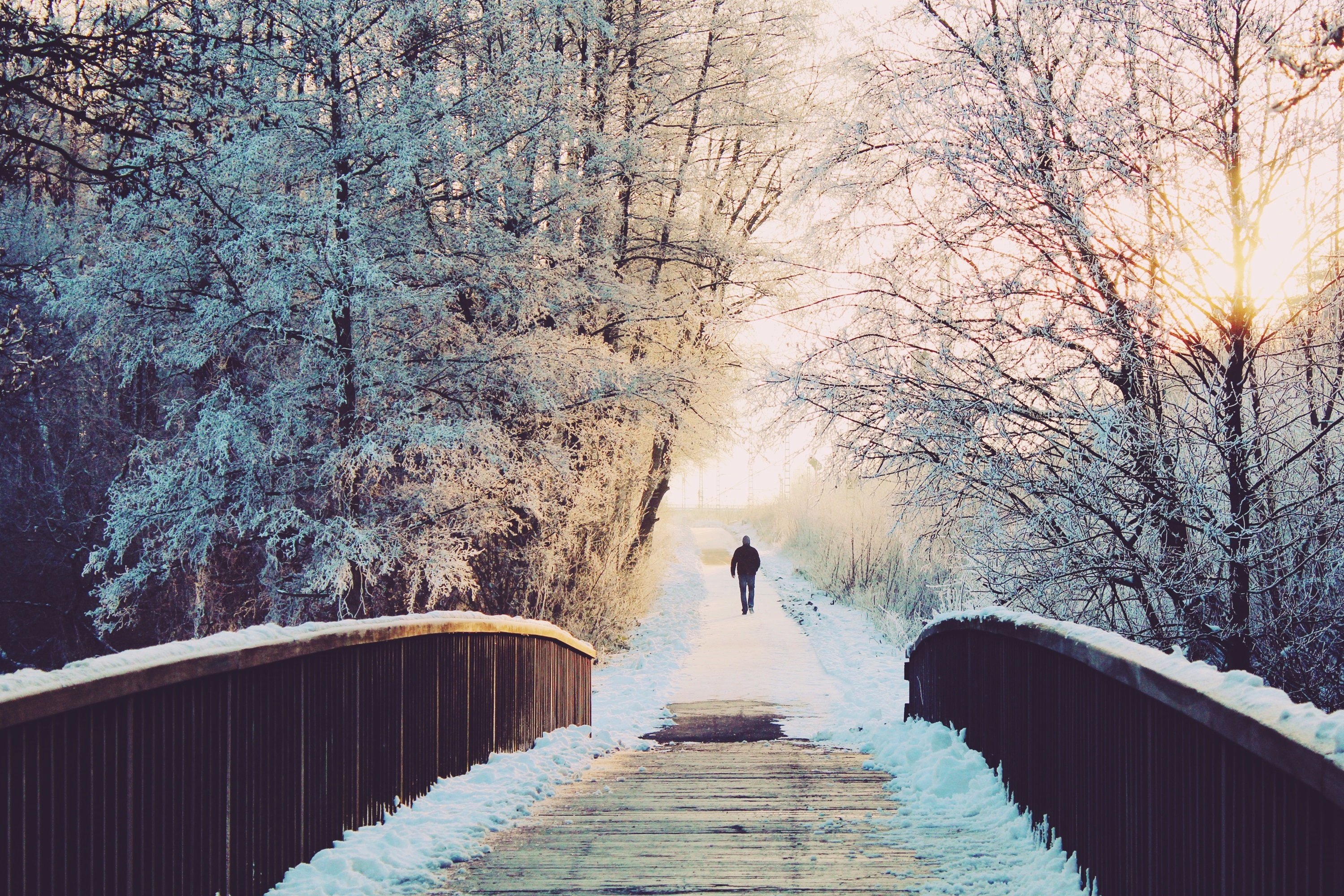Spring is almost here, but winter is still clinging on for as long as it can. With the winter season comes more than just poor road conditions and the flu, many also experience increased depression.
Seasonal affective disorder (SAD) is a type of depression related to changes in seasons, mostly starting in the fall and continuing into the winter months.
Some of the first instances of SAD were described in Nordic countries in the sixth century. In the United States, a diagnosis of SAD was first proposed in 1984 by Norman E. Rosenthal, M.D.
 Although scientists have not determined exactly what causes SAD, some studies have found a few possibilities.
Although scientists have not determined exactly what causes SAD, some studies have found a few possibilities.
The main factors that are believed to create this in people are their biological clocks (circadian rhythm), and their melatonin and serotonin levels, which all work together to regulate the body’s sleep cycles.
Circadian rhythm is everyone’s internal clock that regulates when we feel sleepy or wide awake. Most people have a 24-hour circadian rhythm, which is controlled by the part of the brain called the hypothalamus.
Melatonin is a hormone that helps regulate other hormones, and can also affect sleep patterns. When it becomes dark your hypothalamus tells your body to release more melatonin which makes you tired.
Serotonin is a natural antidepressant, and your brain creates more of it when it is light out. The more you are in the dark, the less you produce and the more depressed you feel.
As the days shorten during the winter months the lack of sunlight you are exposed to cause a change in the levels of serotonin and melatonin your body creates. This makes you feel tired and depressed, and it may seem like there’s nothing you can do since it’s a naturally occuring change. However, if you do nothing about it, you could end up with some pretty serious problems.
 One of the best things to do to keep from experiencing this is to get enough sleep on the right schedule. In college especially it is common to stay up late, either for cramming sessions or for an entertainment reason. Many of us even intentionally schedule our classes later in the morning so we can do these things.
One of the best things to do to keep from experiencing this is to get enough sleep on the right schedule. In college especially it is common to stay up late, either for cramming sessions or for an entertainment reason. Many of us even intentionally schedule our classes later in the morning so we can do these things.
Those suffering from SAD can also try getting a light box to help absorb some artificial sunlight, get outside as much as possible, add vitamin D supplements to their daily routine or talk it out with a friend. You can also contact Sinclair’s counseling services in building 10 room 424.
In a time where many things such as jobs, schoolwork, social situations and economic pressures can cause stress and depression among people, they also have to be on the lookout for the symptoms of SAD.
However there are many resources and ways to defeat seasonal depression, and you shouldn’t let these feelings bring you down. Talking to people you know and trust about the situation, as well as taking the steps listed above will help you get over the winter blues.
Daniel Riley
Managing Editor

